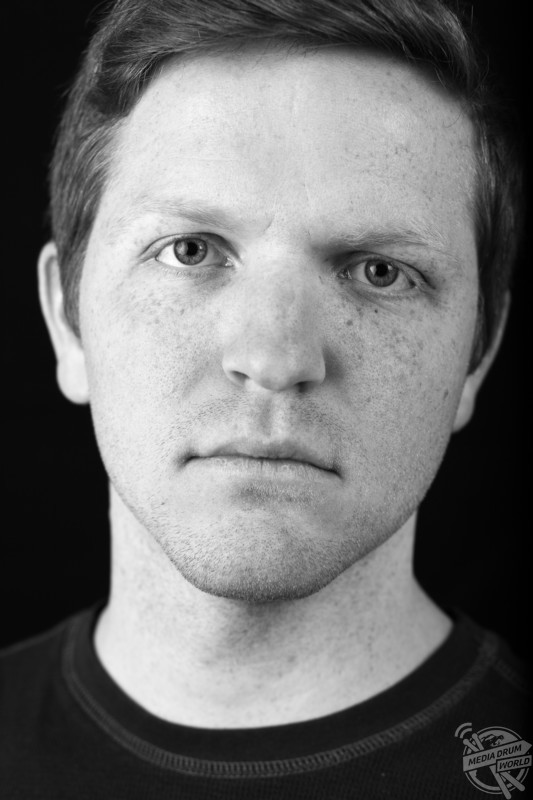
By Tom Dare
THE INCREDIBLE first-hand experiences of 22 people who have struggled through depression and anxiety at some point in their lives have been featured for the first time in a new book, helping to give a human side to the devastating mental illness.
Images from ‘Portraits of Resilience’ by author and MIT professor Daniel Jackson show the faces of a vast array of people from all walks of life who have had to deal with anxiety or depression, ranging in age from 18 to 80.
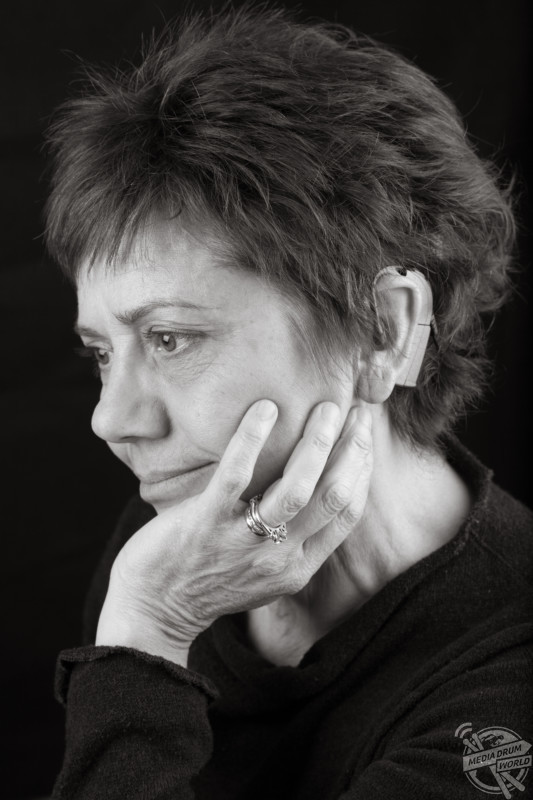
The inspirational stories featured range from a medical student whose life was transformed by an anti-depressant to a woman who met one of her closest friends while in a mental hospital. The book also includes a deeply personal story from an 80-year-old man who lost his ability to walk following an accident at home, while also featuring the tale of a girl from an abusive home who has battled with suicidal thoughts and tendencies her entire life.
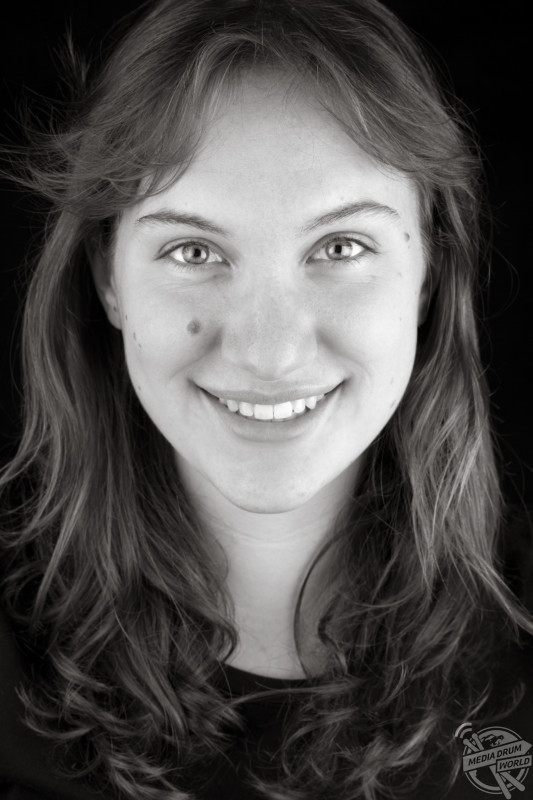
: “The mind is like a forest floor. The more you walk paths, the deeper they get, and the easier it is to walk them again. When I wasn’t doing so great, there was a path falling into unhappiness, and the more I walked on it, the deeper that path go”. MIT Press / mediadrumworld.com
Renowned mental health charity Mind states that approximately 1 in 4 people will experience a mental health problem each year, while in England 1 in 6 people report experiencing a common mental health problem (such as anxiety and depression) in any given week. In the United States it is reported that around 15 million people battle depression in a given year, while nearly 40 million suffer from anxiety disorders.
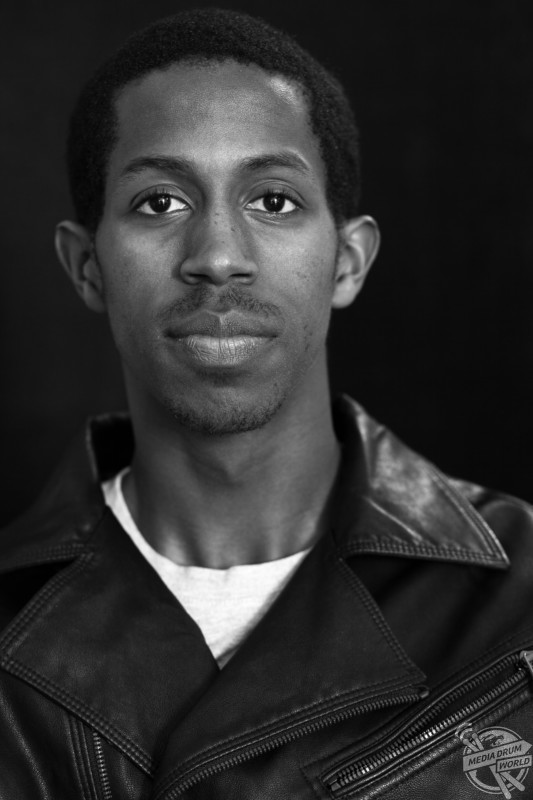
The book came about after author Daniel Jackson, a photographer and professor of computer science at American University MIT (Massachusetts Institute of Technology), began what he thought would be a photography project on depression and its many faces. However, Daniel soon found that the people he was photographing had far more to say than he had anticipated, and the book began to take shape.
“Depression may seem to be an unpromising topic for an uplifting book,” he writes.
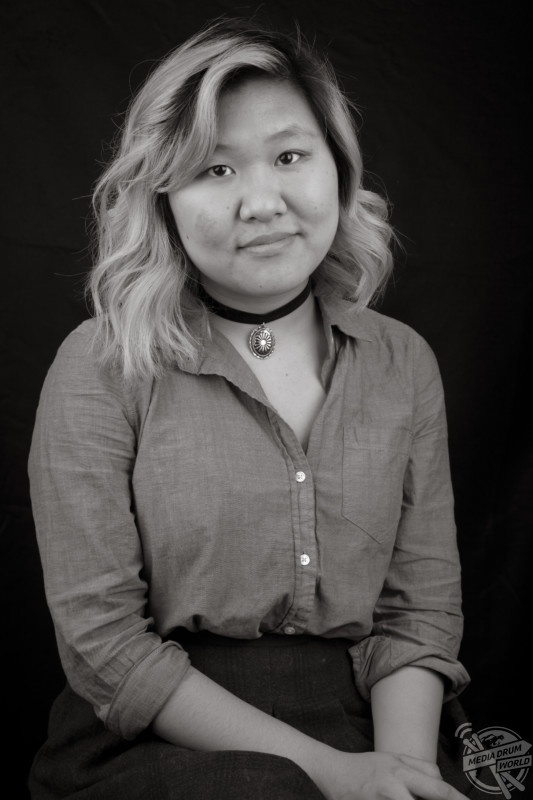
“But when I set out on this journey, I had an inkling that members of my community—the students, faculty, and administrators of MIT—would have more to share than sad stories. Perhaps, having entered that dark place, they would emerge with wisdom and clarity—not just about depression but about adversity itself.
“I was encountering depression all around. Every term, ten or more students in my class were seeking advice as they found themselves falling behind—and not due to any lack of talent or commitment. Depression took the life of a much-loved colleague of mine in the prime of his research and teaching career. And my own family was upended for more than a year by a seemingly intractable bout of depression and anxiety.
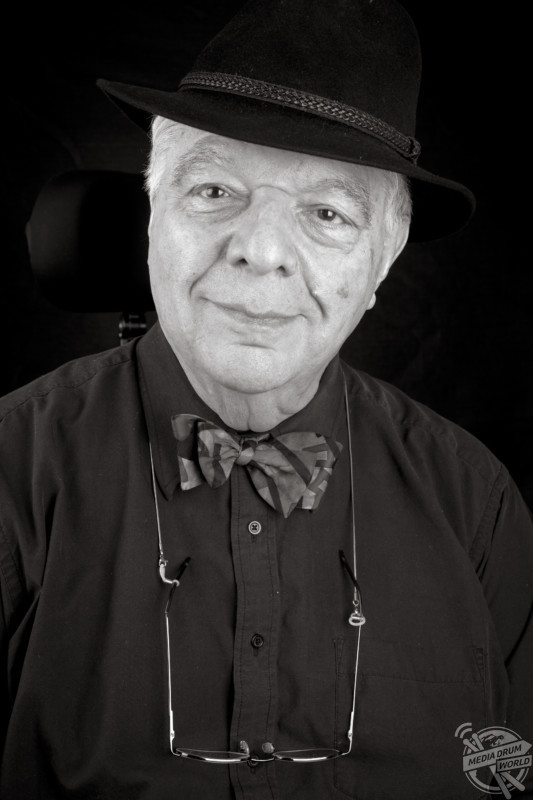
“As my university community struggled to come to terms with a string of suicides and a survey that found that less than half of our students met the criteria for “flourishing” mental health, it struck me that those who had experienced depression, anxiety, trauma, or similar challenges were not laggards. They were on the front line of our struggle, and their insights and experiences might help us all.

“So I decided I would try to assemble a gallery of photographic portraits of those strong souls, accompanied by their stories, in the hope that this would bring strength and reassurance to those who were suffering, and a deeper understanding for us all. I was worried, though. Maybe they wouldn’t come. Maybe they’d come, and I wouldn’t ask the right questions. Maybe they’d tell me extraordinary things and then decide they were too personal to publish.
“I was in for a surprise. Not only did they come, but they shared their stories with an openness and generosity that blew me away. Initially this was a more purely photographic project. I’d hoped to find in the transcript of each of my interviews something pithy and representative to accompany the photograph, but I soon realized there was far too much to distil into a meagre remnant. I was being given the gift of an entire life story, and my task was to trim away conversational digressions, and leave the story whole.
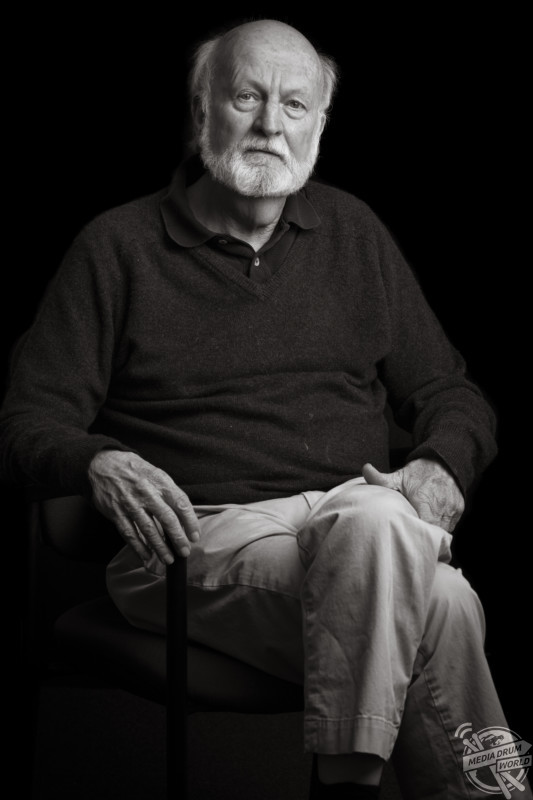
“Some of these stories do close with traumas largely overcome, anxieties quietened, and the numbness of depression replaced by a new zest for life. Some end without a definitive conclusion, in the midst of an ongoing struggle. In listening to my subjects tell their stories, I often had the sense that I was witnessing a great project underway, a fight for meaning and purpose in a world full of trivial distractions.
“Ernest Shackleton’s expedition to the Antarctic never met its original goal. His ship was trapped in ice and crushed before he even landed, and he never reached the South Pole. But his heroic efforts to save his crew have made his story one of the best known of any explorer’s, and it is in the adversity he faced that we recognize the extent of his achievement.
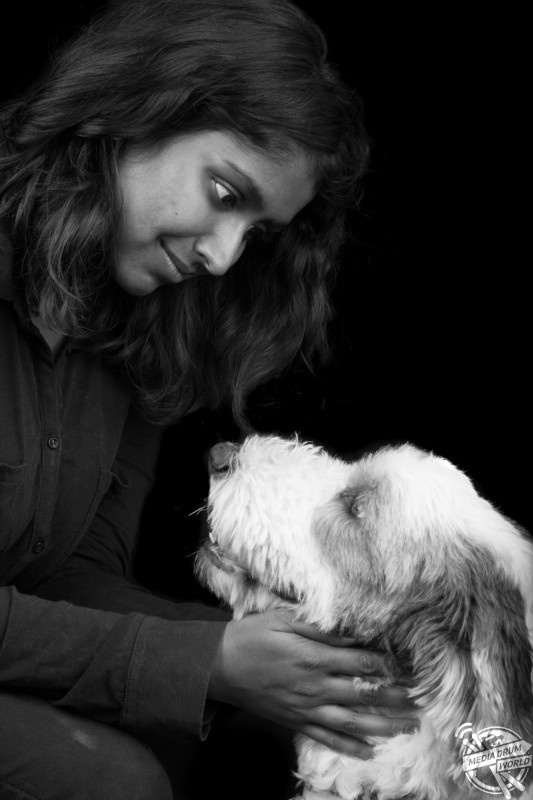
“In these stories, we can join in the celebration of adversities conquered. But the true heroism of these extraordinary people lies not in the tragedies they survived or in the new lives they forged, but in the qualities of mind and heart that they show us along the way.”
Portraits of Resilience by author and MIT professor Daniel Jackson is published by the MIT press, and can be purchased here: https://mitpress.mit.edu/books/portraits-resilience






